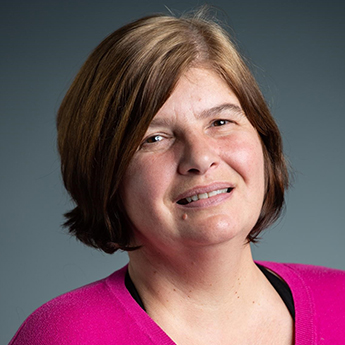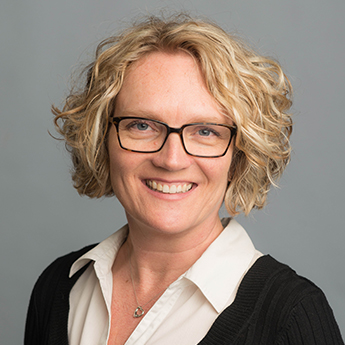
The Study
In 2020, CASLT launched a pan-Canadian research project aimed to identify ways to better equip new FSL teachers for success in the early stages of their careers. The study explored the strengths, challenges, and opportunities in FSL teacher education, and in FSL teachers’ early-career years. It was funded by the Department of Canadian Heritage as part of its FSL Teacher Recruitment and Retention Strategy.
The research identified five gaps in FSL teacher education and professional learning in Canada. The report offers recommendations in the form of questions to consider, which are intended to provoke reflection before action.
Download the Executive Summary Read the Full ReportThe FSL Teacher Highway
What does an FSL teacher’s journey look like? We can think of it as a highway that starts from their time in grade school and extends throughout their career. While there are many entry points to becoming an FSL teacher, there are also obstacles: 56% of teachers who participated in our study were considering leaving the profession.

The Avalanche
Our study found that the challenges FSL teachers are facing are layered and compounding, like an avalanche. This avalanche threatens FSL teacher education and buries progress in resolving the FSL teacher shortage.

Taking Responsibility
Be Part of the Change
Let’s work together to create meaningful, system-wide change. Sign up to learn about latest project updates and be part of future discussions.
Sign Up
Project Updates
When Does FSL Teacher Retention Begin?
A Pan-Canadian Perspective on FSL Teacher Education
Lead researcher Stephanie Arnott and research assistant Cam Smith of the University of Ottawa presented key findings at CASLT’s 2022 Networking Day on October 14, 2022
Attrition, Retention, and Recruitment: What the Research Says
Faced with high FSL teacher attrition, researchers, practitioners, and policymakers have been searching for and creating strategies to increase retention in the profession. This report is essential to everyone concerned with the issue of FSL teacher attrition and looking for evidence-based strategies to enhance recruitment and retention.
Essential Components of Effective FSL Teacher Education
This report reviews research literature about essential components of teacher education. It adopts a holistic perspective on developing teacher competence across four key pillars for success: 1) target language proficiency, 2) intercultural competence, 3) pedagogical knowledge, and 4) collaborative professionalism.
Consortium
The FSL Teacher Education Consortium is comprised of CASLT (the sponsor organization) and teams of research experts from three Canadian Faculties of Education:
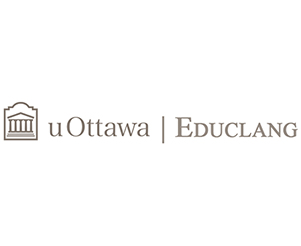
University of Ottawa
EducLang – Education and Languages Research Group
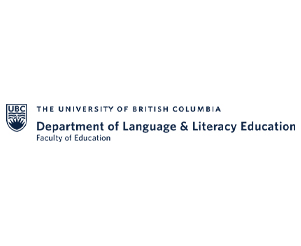
University of British Columbia
Department of Language and Literacy Education
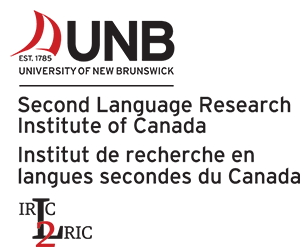
University of New Brunswick
L2RIC – Second Language Research Institute of Canada
Researcher Biographies
FSL Teacher Education Consortium
Become a Member
CASLT supports its members by creating opportunities for professional development, initiating and disseminating research, and facilitating the exchange of information and ideas among language educators. Memberships start at only $45 per year!
Compare Membership Categories Sign up today



